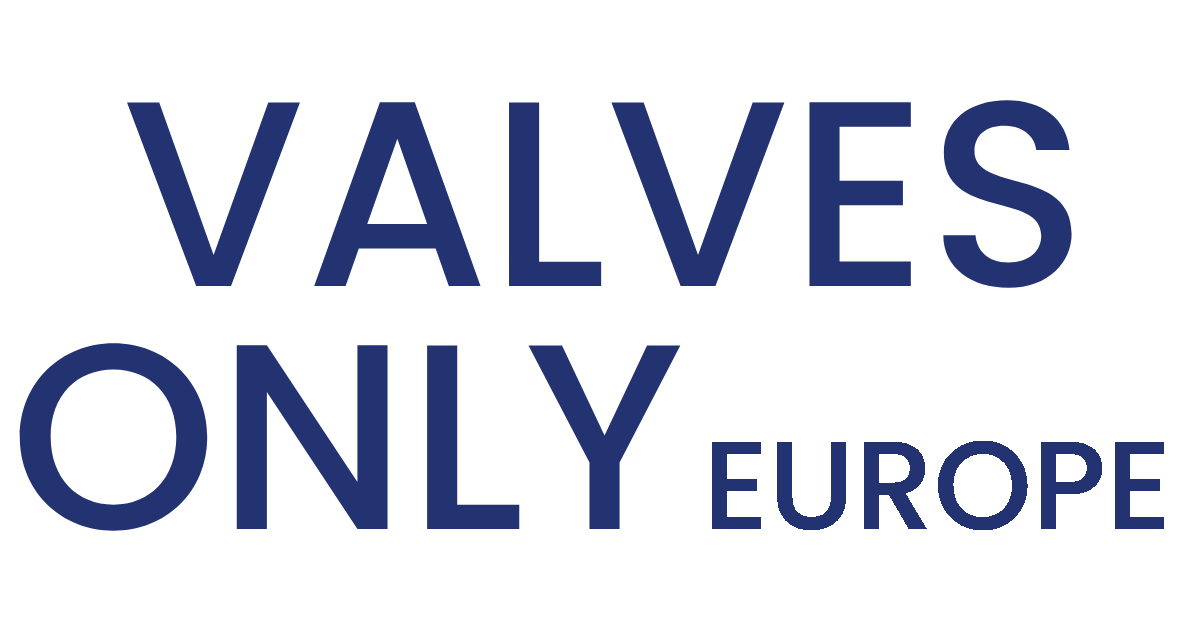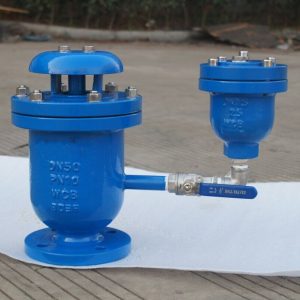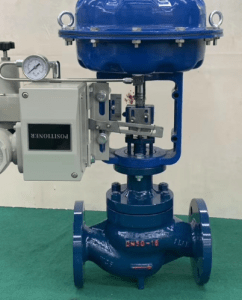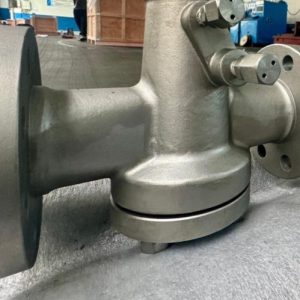We deliver to you every day from 7:00 to 23:00
Uses Of Industrial Valves
USES OF INDUSTRIAL VALVES
1. Commercial Applications of Industrial Valves
Industrial valves are a critical component in every commercial application related to fluid handling systems or industries. This provides regulations on the flow control, of fluids like gases, and slurries, within a wide range of industries. In European Market, there is a high demand for good quality, durable, and reliable valves, that comply with the continent’s stringent safety regulations, advanced technological infrastructure, and other industrial standards. As we all know, the European market always is highly regulated and technologically advanced, and so there has been no excuse for the industry sector, while coming to safety and security. Like ensuring the safe transport of hazardous materials, maintaining precise control, meeting stringent standards, etc. Here in this blog, let us discuss the commercial applications of Industrial valves, emphasizing the focus on European markets and highlighting the roles of valves in providing safety, efficiency, and regulatory compliance.
1. Oil and Gas industry
One of the primary consumers of Industrial valves is oil and Gas industries. The critical function of valves in these kinds of industries is controlling the flow of different kinds of gases like natural gas, methane, etc, and oils like crude oil, refined products, etc. The main application here includes:
· Upstream operations: for drilling rigs and production facilities for the extraction of oil, gases, etc. for these kinds of applications, high-pressure, high-temperature valves are required.
· Midstream operations: During the safe transit of oil or gas through pipelines and in any transportation systems, valves are essential for controlling the flow, over long distances. Since ball valves and gate valves can provide tight shutoff and handle large volumes, these valves are commonly used for midstream operations.
· Downstream operations: for distillation, cracking, chemical processing, etc. Refineries and petrochemical plants use globe valves and butterfly valves, to regulate the process.
2. Water and wastewater management plants
Europe has a huge commitment to environmental sustainability, green energy, and water conservation, driving the need for an efficient and reliable valve solution. Thereby increasing the significance of water and wastewater management sectors. Valves play a crucial role in these industries. Applications in these sectors include:
· Wastewater treatment plants: the regulation of water flow during the various stages of treatments, which includes filtration of substances, chemical dosing, disinfection etc, require the help of valves. The commonly used valves are butterfly valves and diaphragm valves.
· Wastewater treatments: valves are used to regulate the flow of sewage and industrial effluents especially in wastewater treatment facilities. The common types of valves used here are gate valves and check valves. This is to ensure the safe discharge into the environment as well as to prevent any kind of backflow of the fluid or substances.
· Distribution systems: Valves control the distribution of clean water regardless of whether the purpose is commercial or domestic. For these purposes generally, pressure-reducing valves and air valves are used to maintain the system pressure and prevent any kind of water hammer.
3. Chemical industry
The chemical industries in Europe are diverse in nature, functions and management. They produce a wide range of products from basic chemicals to different specialty chemicals. So there is a high chance of hazardous and corrosive chemicals swinging around the sector, and the valve ensures the safety against such disruptive substances if chosen wisely. Reliable and robust Valves are used to process and handle such chemicals and hazardous materials. The various applications in this sector include:
· Production of chemicals: the flow of raw materials, intermediaries, and finished products in reactors, distillation columns, and any other processing equipment is controlled with the help of valves. Ball valves and control valves are specially designed and made used for these purposes, due to their ability to handle aggressive chemicals.
· Safety systems: to ensure the safety of chemical plants we need the help of valves. In case of accidents, to protect the equipment or personnel, emergency shut-off valves and pressure relief valves are a boon.
· Environmental control: the treatment and disposal of chemical wastes can be managed using the help of valves. For the same, Diaphragm valves and check valves are commonly used. They help prevent any leakages and ensure safe handling of hazardous elements.
4. Power Generators
Various energy sources including fossil fuels, nuclear, renewable energy, etc are utilized by the power generation industries in Europe. To control the flow of steam, water, and any other fluids in power plants, it is essential to use valves. The general applications are as follows:
· Renewable energy: the hydroelectric and geothermal plants constituting the renewable energy systems, comprise of huge flow of water and steam. To manage the flow, control valves and check valves are utilized to ensure optimal performance and safety.
· Steam turbines: Globe valves and gate valves are commonly used in steam turbines due to their capability of handling high temperatures and pressures. The flow of steam toward the turbines is regulated with the help of valves and it ensures safety and efficiency.
· Cooling systems: the flow of cooling water and other kinds of fluids in heat exchangers and cooling towers are generally controlled by valves. The commonly used valves for this purpose are butterfly valves and ball valves since they are durable, safe, and easy to use.
Conclusion
Like the strict regulatory compliances and industrial standards in Europe, which cannot be compromised, Industrial valves in various commercial applications are indispensable. To ensure safety while extracting and transporting fluids like gas, oil, etc, to maintain hygiene and precision, and to manage flow and prevent leakages, Valves have a crucial role in meeting regulatory standards and optimizing processes. A wide range of valves comprising different sizes, shapes, and materials have to be tailored according to meet each quality standard, compliance needs, and operational conditions and are in high demand due to the diverse requirements of specific industries. In Europe as technology advances, the importance of selecting the right valves will drive innovation and boost the ability and safety of Industrial operations. Confused about where you can find good-quality valves to meet your requirements? Do not hesitate ValvesOnly Europe provides the solution for all your industry valve requirements.







